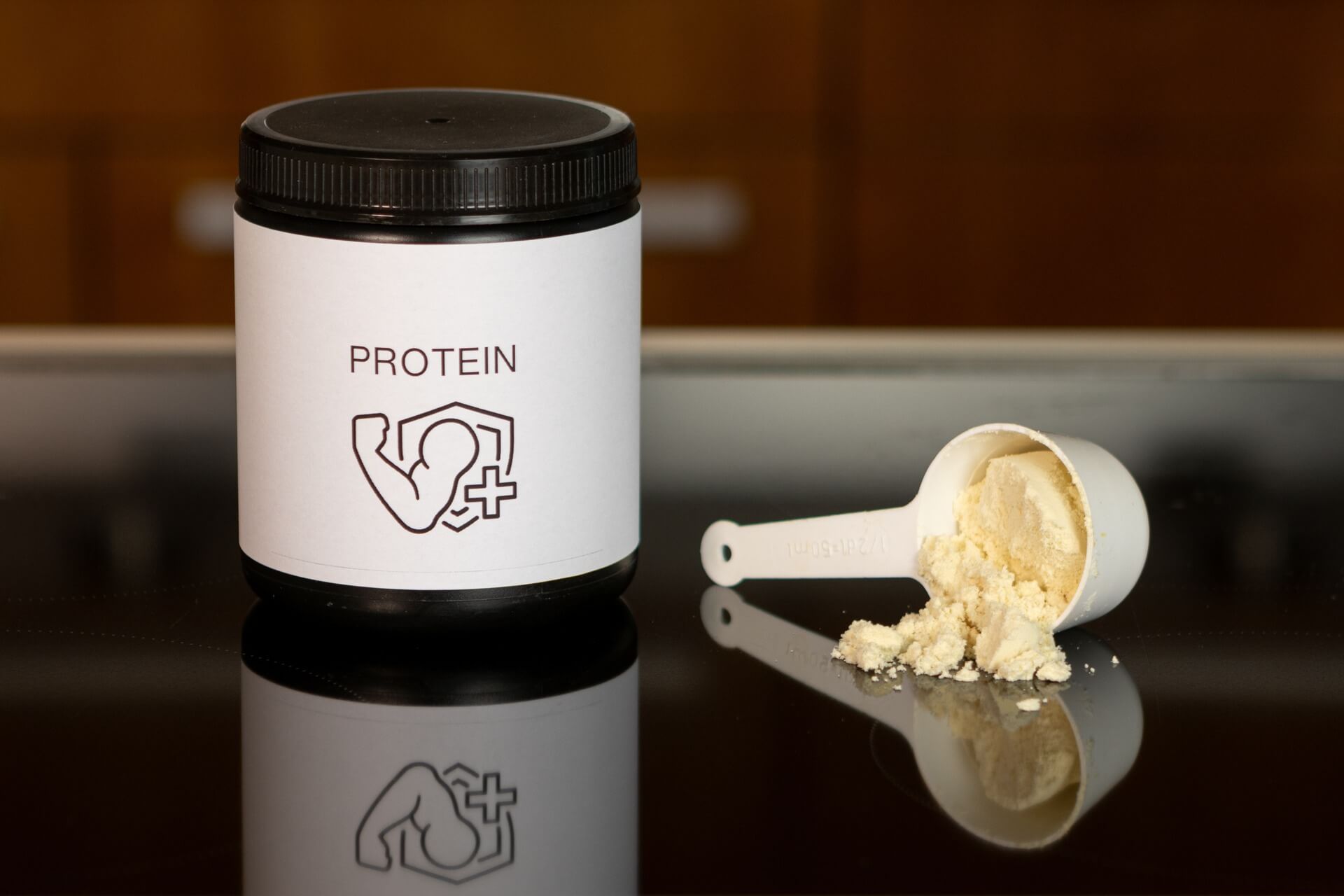
As an Amazon Associate, Modded gets commissions for purchases made through links in this post.
The fitness industry can be split into two categories — 10% of knowledgeable people who genuinely help others reach their health and wellness goals, and 90% con artists. People have lost thousands of dollars — not to mention feeling ashamed and embarrassed — by falling victim to fitness scams.
Here are seven of the most prominent fitness scams you should look out for as you browse the online fitness community.
1. Diet Fads
Diet fads are the oldest and most dangerous fitness scams known to mankind. They long predate the modern fitness industry, but they have become much more prevalent during the social media age. A great example is the paleolithic or “paleo” diet, which basically means you have to adopt a caveman’s diet from 10,000 years ago.
While it’s true that paleo, keto, vegetarian, vegan and other diets can benefit certain individuals, most people don’t need them. These diet fads are largely money-making schemes promoted by fitness influencers with no scientific evidence of their benefits. Instead of hopping on the latest dietary trends, stick to a balanced muscle-building diet with whole foods.
2. Scam Supplements

One of the most prevalent fitness scams in 2024 is the “supplement” trend. It seems like every fitness influencer and celebrity these days is putting out their own line of “supplements” with crappy ingredients and unknown side effects with no federal regulation. This might be a difficult pill to swallow, but a vast majority of supplements do absolutely nothing to improve your health.
Here’s a complete list of supplements you DON’T NEED:
- BCAA’s
- CLA
- HMB
- Turkesterone
- Testosterone boosters
- Growth hormone releasers
- “Advanced” forms of creatine
- L-Glutamine
- Myostatin blockers
- Nitric oxide boosters
- Methoxy
- Ecdysterone
- Green coffee bean
- Raspberry ketones
- Garcinia Cambogia
Assuming you don’t have any major dietary restrictions or meticulous food preferences, you only need to be taking five supplements at most — protein powder, creatine, pre-workout, multivitamins and fish oil. Even these products are completely optional. Don’t feel pressured to take a bunch of scam supplements just because some snake oil salesman on TikTok told you to.
3. Useless Equipment
Aside from the diet-related fitness scams, the most common scam you will encounter is useless or dysfunctional workout equipment. While the equipment often looks cool, it serves no functional purpose except to sucker people into spending their hard-earned money. Here are some pieces of equipment that you should avoid:
- Shake weight
- Free Flexor ab machine
- Ab circle
- Thigh master
- Vibrating platforms
- Ab-toning belts
- Shape-up shoes
4. “Get Shredded Fast” Workout Programs
If there was a quick and easy way to build muscle, it wouldn’t be a secret. All of those “get shredded fast” workout programs peddled by fitness influencers on social media are full of disinformation. They usually mislead people into buying the program through half-truths with exaggerations mixed in, but sometimes they tell boldfaced lies.
Perhaps the most notorious fitness industry scammer today is the influencer “V-Shred”. His program advertisements claim to include scientific breakthroughs that nobody else has discovered. They also claim to give users results that are impossible to achieve within the prescribed time frame. If your favorite influencer starts acting like V-Shred, it’s time to find a new fitness role model.
5. Social Media Manipulation
Have you ever noticed that fitness influencers have perfect bodies in all of their pictures on social media? Don’t let this distorted version of reality fool you. These people heavily edit all of their content to make themselves look like supermodels 24/7. Social media has manipulated people with average physiques into chasing unrealistic standards.

This fitness scam is more harmful than you might think. It can lead to feelings of body dysmorphia in many people because they feel inadequate. This problem is just one reason why you should take regular breaks from social media and stay grounded in reality. Stop comparing yourself to people who photoshop all of their pictures and focus on your own goals.
7. Natural vs. Unnatural
The natural vs. unnatural debate is raging in the fitness community right now. Every influencer is under a microscope as fans try to figure out if they’re taking steroids. The worst type of influencer is the guy who claims to be natural but is secretly enhanced and lies to his audience. This scam further perpetuates unrealistic body standards that hurt people’s self esteem.
Fortunately, many of these dishonest characters are being exposed. The most famous recent example is the public figure Brian Johnson or “Liver King,” who got caught paying $11,000 a month for steroids while claiming to be natural. His physique is clearly enhanced but it took people years to realize he wasn’t natural, which is a testament to how distorted the average person’s understanding of fitness has become.
7. Uncertified Personal Trainers

In most cases the scammy equipment will advertise a specific benefit. For example, the aforementioned ab machines promise to “burn your belly fat” and give you a six pack in a few weeks. These claims are always BS. Stick to the equipment at your local gym or do bodyweight exercises instead.
The final scam you need to be aware of is uncertified personal trainers. The personal trainer profession has many qualified people, but most of them fly under the radar on social media because they aren’t flashy and don’t clickbait their audiences. Many famous fitness influencers claim to be personal trainers but actually have no formal training or certifications.
Nowadays, people can gain a few thousand followers on instagram posting workout videos, put “certified personal trainer” in their bio and scam people into buying their programs. Thousands of people have fallen for this exact scam. As a general rule, don’t take fitness advice from people until you learn more about their backgrounds.
Don’t Fall for Common Fitness Scams
These fitness scams are just seven of the most common occurrences. For the most part, the fitness industry is no longer about health and wellness. It has become another extension of the entertainment and beauty industries, misleading people into consuming useless and sometimes unhealthy products.






